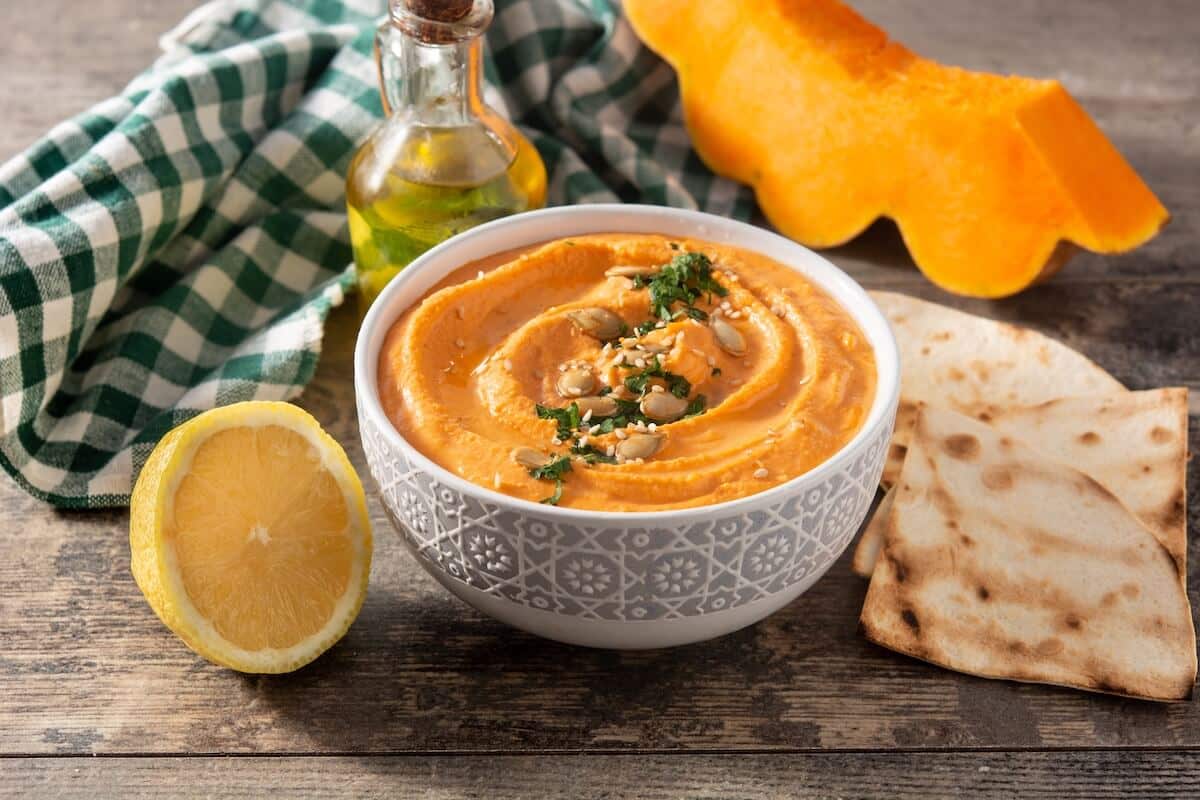Unraveling the Truth: Do Bloating Relief Products Really Work?

by Rebecca Jaspan, MPH, RD, CDN, CDCES
Scanning the grocery store and pharmacy shelves, you may notice countless products claiming to decrease or alleviate bloating. Do these products really work and what is the evidence? We’ll break down what exactly are the ingredients found in these different pills, how they work in the body to reduce bloating, and if the science proves them worthy of trying.
Simply put, bloating occurs along the gastrointestinal tract when it fills with air or an irritant causes inflammation. You may have described this feeling as tightness, or a swelling sensation in the abdomen and even in your arms and legs. Your belly may also appear swollen or distended and feel firm to the touch. Gas is produced as a normal byproduct of the digestion process, but when gases are produced in greater than normal amounts, we suffer from symptoms. Bloating may be accompanied by frequent burping, or abdominal rumbling or gurgling. While bloating can be uncomfortable, it is typically mild and usually passes on its own with time. Other times, bloating may be due to a medical condition or issue with the GI tract where treatment is required.
Before we dive in, it is helpful to understand how your gut microbiome can contribute to bloating. Your GI tract contains about 500 different species of live bacteria that all work together for digestion and absorption of nutrients to occur. Research shows that these bacteria also play a role in improving mood, reducing the risk of different diseases, reducing allergies, and helping with diarrhea and constipation.1 In order for our gut bacteria to do its job properly, we need to nourish ourselves with adequate nutrition and enough variety to feed the gut microflora. When the gut isn’t receiving enough variety of foods that promote healthy bacteria, or they are lowered due to antibiotics or certain medications, the numbers of gut bacteria may not be in the right balance, which can result in bloating.
Let’s review just some of the popular products we see to help alleviate bloating.
Align
Align is a probiotic pill that contains Bifidobacterium, a bacteria shown to reduce gas and bloating. Bloating can occur due to dysbiosis, which is an imbalance of “good” and “bad” bacteria in the gastrointestinal tract. Dysbiosis can also look like an overall reduction is bacteria species diversity. Research shows that an imbalance of gut bacteria can lead to a number of digestive health conditions including constipation, diarrhea, gas, and bloating.2 Taking a probiotic supplement, such as Align, can be a step toward restoring the balance of gut bacteria.
Bifidobacterium is one strain that is shown to improve symptoms of bloating. It is also effective in relieving constipation, therefore, if your bloating is also caused by constipation, Align may be a good fit. In one study, 60 patients with functional bowel disorders were given a Bifidobacterium probiotic or a placebo. After 4 weeks, abdominal bloating improved in the probiotic group.3 While eating fermented foods that contain probiotics can be helpful, taking a probiotic that contains a specific bacteria strain is an effective way to target your specific gut health needs.
Cinnamon Oil22222
Cinnamon oil is used in traditional medicine for a number of health conditions including lowering blood glucose and blood pressure, inhibiting tau aggregation seen in Alzheimer’s disease, and decreasing inflammation.4 One study showed that taking a capsule with cinnamon oil for 6 weeks significantly decreased symptoms of indigestion compared with a placebo. Participants also experienced reductions in bloating, but this different was not statistically significant.5 Cinnamon also contains anti-inflammatory compounds, which may help prevent bloating. While taking cinnamon is not harmful and may result in some bloating relief, there is not enough evidence to confirm how cinnamon affects inflammation and bloating.
Seed
Seed is a product considered a symbiotic, meaning it is a 2-in-1 capsule containing probiotics and prebiotics. The idea behind symbiotics is that probiotics need prebiotics to survive. It is thought that they work synergistically in the digestive tract to help your gut bacteria maintain balance. One review article examined the effectiveness of symbiotics on symptoms of irritable bowel syndrome, in which bloating is common. Studies showed a statistically significant decrease in bloating in individuals who took a symbiotic compared to the placebo group.6 Research on symbiotics is new and growing, but the current evidence shows that taking a supplement may help to alleviate bloating.
Love Bye Bye Bloat
This product claims to “promote healthy digestion, ease hormonal or food-related discomfort, and manage excess water weight”. In two capsules, it contains a combination of fenugreek seed, dandelion root, fennel seed, ginger, parsley leaf, and a number of digestive enzymes, including bromelain and papain. Fenugreek, fennel seed, and ginger all act to reduce bloating with their powerful anti-inflammatory properties. Research shows that they reduce swelling and irritation in the intestines and can help to improve digestion.7 While we know these ingredients pack a nutrition punch, there are not enough clinical trials done to use them for any specific medical condition.
Dandelion root and parsley leaf are included in this product because they are natural diuretics and help to flush out excess salt and water in your body that may contribute to bloating. Dandelion root is also a prebiotic, the food that probiotics need to survive and maintain balance in your gut. Be sure to speak with your doctor if you have low blood pressure before taking this supplement. Finally, digestive enzymes are in this product to help break down fats and proteins more efficiently. Your body naturally makes digestive enzymes and in certain conditions, such as pancreatic insufficiency, digestive enzymes need to be supplemented. According the research, many animal studies have been done on the use of digestive enzymes in healthy individuals, but not enough research has been done in humans to make any clinical recommendations.8 This product is likely safe to try to decrease bloating, but there is not enough conclusive evidence to understand its efficacy.
Hilma Gas + Bloat Relief
Hilma Gas + Bloat Relief is a capsule that contains peppermint leaf, lemon balm, anise, fennel, and caraway. What all of these ingredients have in common is their ability to calm and soothe the digestive tract, which may help to reduce bloating. There are very established research studies pointing to these benefits and much of the research used is emerging. As mentioned about previous products, taking Hilma likely not harmful, but more research needs to be done to make definitive recommendations.
As you can see, there are many pills and powders on the market claiming to reduce bloating, but there is little conclusive evidence showing that these products actually work. These products are likely safe to take and you may even notice some relief. In our anecdotal experience, we observe clients report fewer side effects and better tolerance when they start with single strains and lower doses and increase over time. Always consult your doctor, work with your dietitian, and read the research when considering any supplement.







